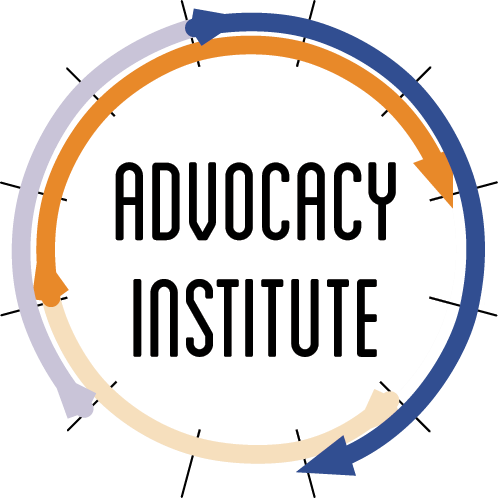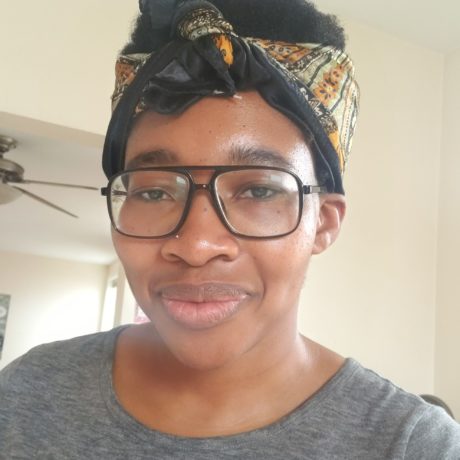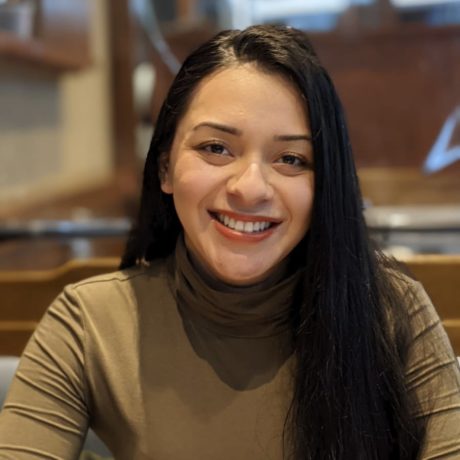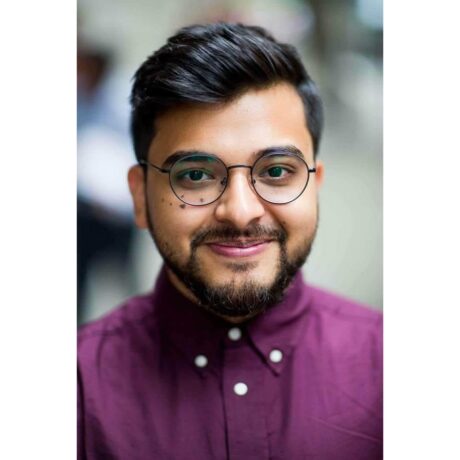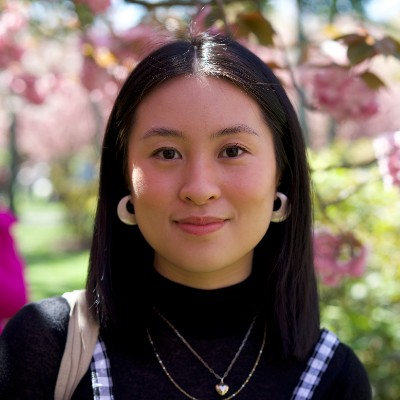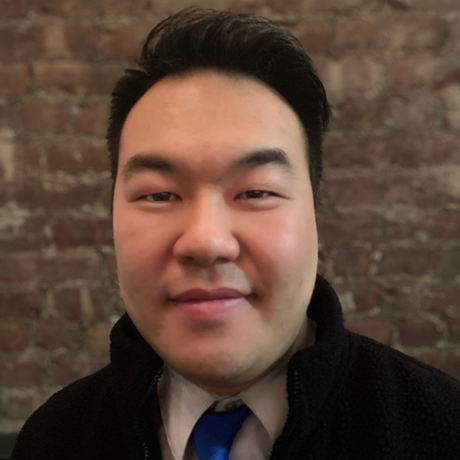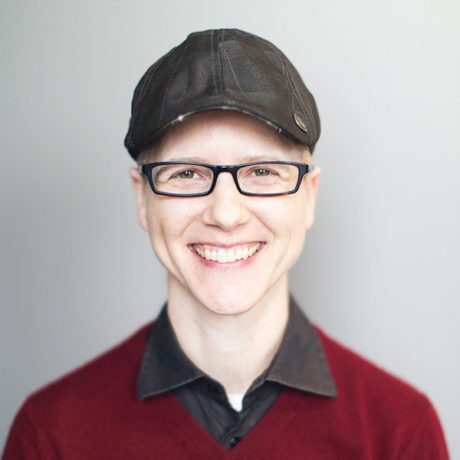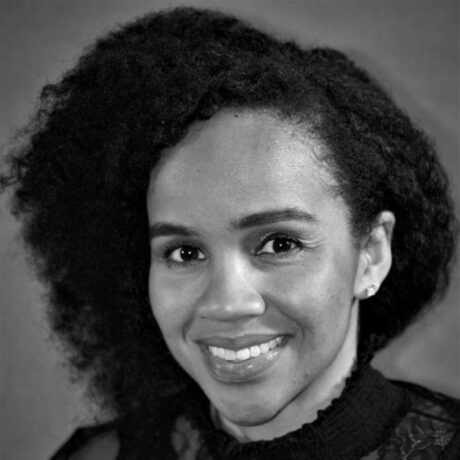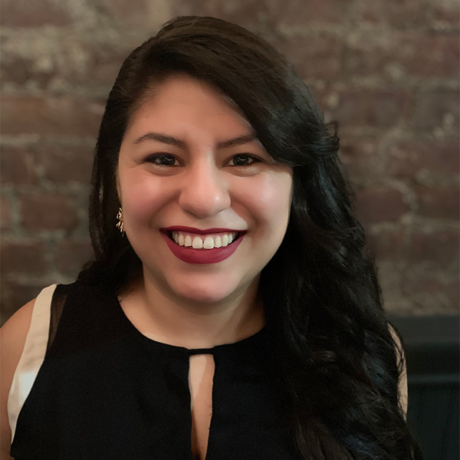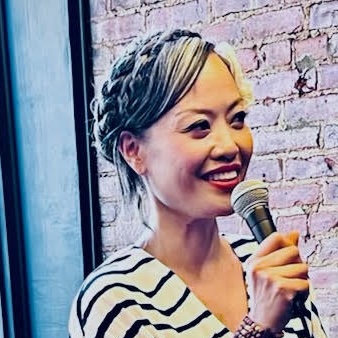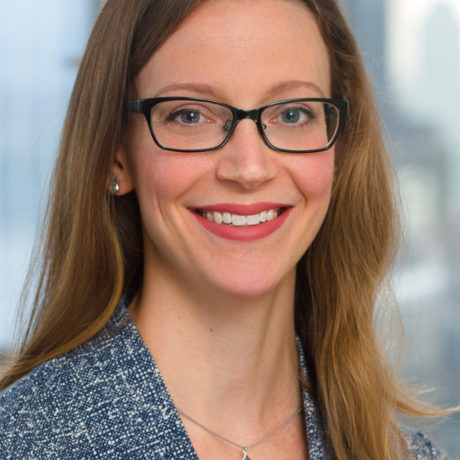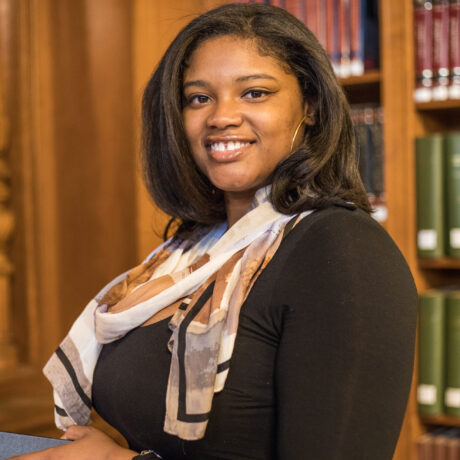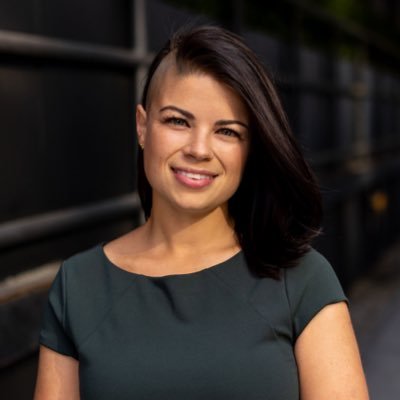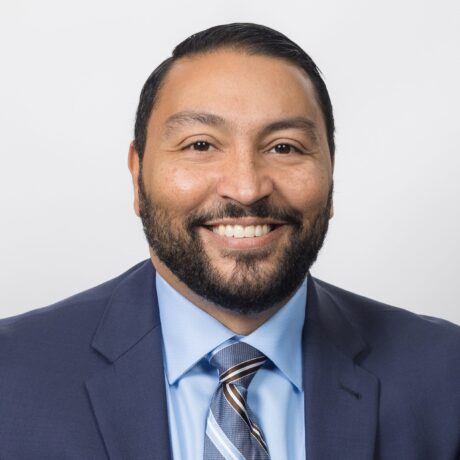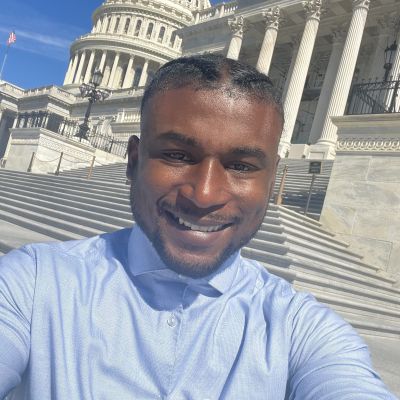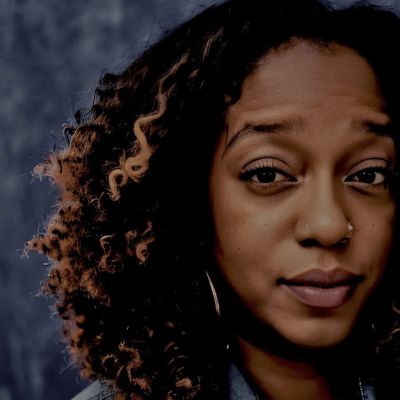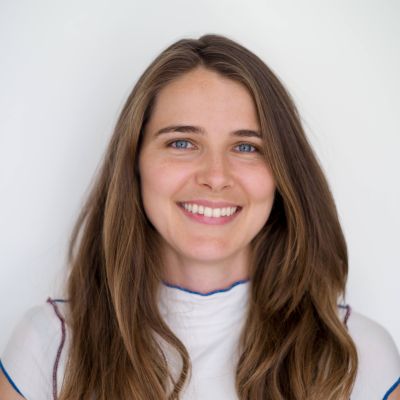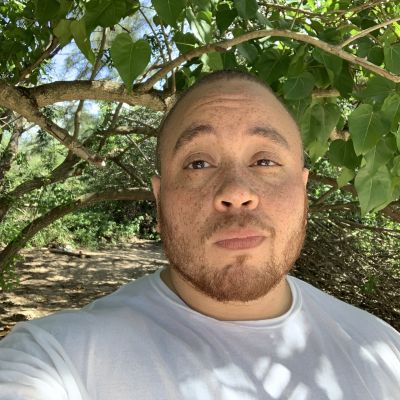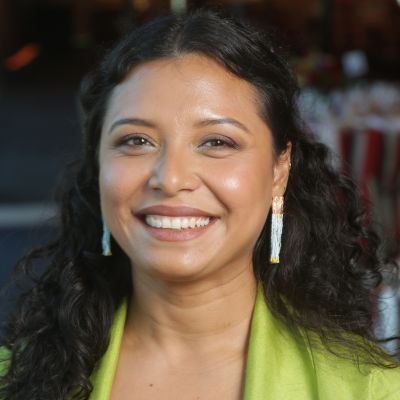The Advocacy Institute supports social justice organizations to build the advocacy skills, knowledge and power they need to shape government policy for a more just and equitable New York.
We work with communities of color, immigrants, low-income people, LGBTQ+ people, and other historically excluded groups throughout New York City & State to provide them with the tools to fight for policy change more effectively. We offer dynamic trainings on the legislative process and interactive tools that map out power relationships in state and local government. We also engage organizations through a membership model where we provide 1-on-1 strategic consulting to help our members refine and reach their campaign goals. Finally, we offer an in-depth leadership development program aimed at building and deepening the skills of emerging advocacy leaders of color.
Through our programming, we strengthen New York’s social justice ecosystem by supporting advocates to gain the skills, knowledge, and connections needed to build effective statewide coalitions that can win transformative legislative reforms. And we build a collaborative community to learn from and support each other’s work.
